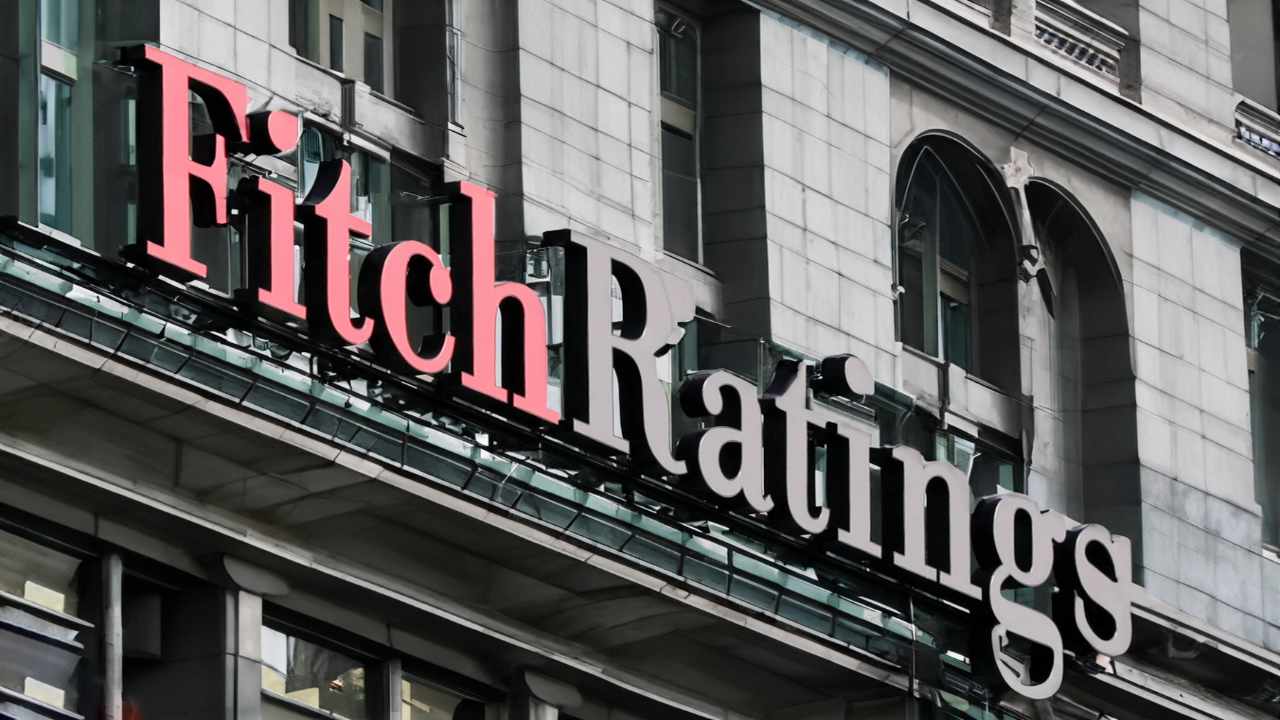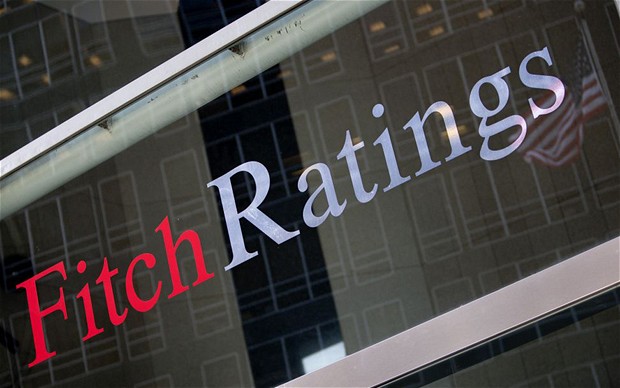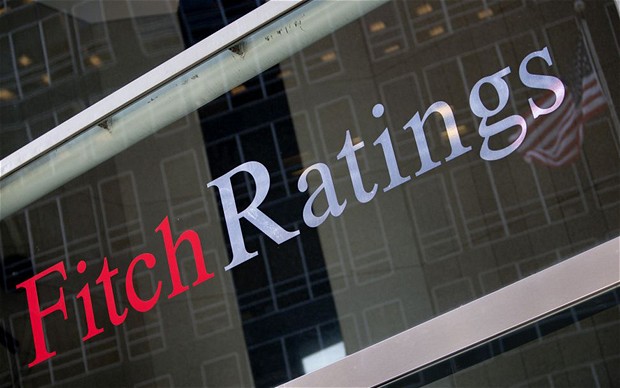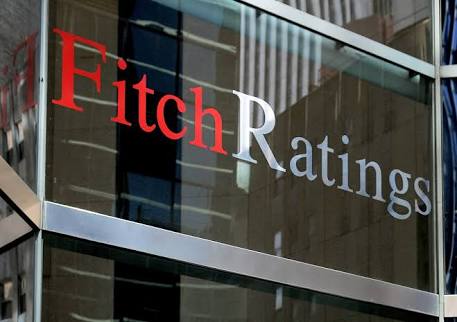By Francisca Emeka– Amaugo
Global credit rating agency, Fitch Ratings, has cautioned the Federal government over the proposed establishment of the foreign currency gateway bank recently announced by the Central Bank of Nigeria (CBN) saying this may have a negative impact on the liquidity of Nigerian Deposit Money Banks (DMBs).
This was revealed in the latest Fitch Ratings commentary on Nigerian banks titled “Fitch Takes Rating Action on 12 Nigerian Banks Following Naira Devaluation” released recently.
Earlier, the CBN governor, Dr Olayemi Cardoso had unveiled plans to introduce a new foreign currency gateway bank to ease the country’s forex crisis.
Cardoso had disclosed that the apex bank was “introducing a single FCY gateway bank to centralise all correspondent banking activities, currently dominated by two major banks in the corresponding banking space.”
Reacting to this, Fitch Ratings said, “The Governor of the CBN, Yemi Cardoso, also announced plans to establish a FC gateway bank with the intention of centralising correspondent banking activities, while asserting that a recent audit has determined $2.4bn of overdue FX forwards invalid.
Fitch believes these measures by the CBN may negatively affect the banking sector’s FC liquidity.”
Meanwhile, due to about 70 per cent devaluation of the local currency since end-2022, according to Fitch, banking sector impaired loans are expected to increase at a faster pace than before the devaluation.
READ ALSO: Fitch downgraded Coronation Merchant Bank IDR over weakened capital position
“Fitch expects the banking sector’s impaired loans (Stage 3 loans) ratio to increase at a faster pace than before the devaluation, which itself has caused already material FC-denominated problem loans (Stage 2 and Stage 3 loans; predominantly oil and gas sector loans) to have inflated relative to gross loans and core capital and accentuated credit concentration risks,” the credit rating firm said.
On the impact of the CBN circular prohibiting banks from holding net long foreign currency positions, Fitch said that it would lead to a further moderate depreciation of the naira.
“The Central Bank of Nigeria has published new circulars and made a number of statements accompanying the recent devaluation. One circular issued after the devaluation on January 31, aimed at increasing the supply of FC, prohibited banks from having net long FC positions, and set February 1 as the deadline for compliance.
“Net long FC positions have mitigated the impact of past devaluations, including the recent devaluation, on capital ratios as they result in foreign-exchange revaluation gains that cushion the impact of inflated FC-denominated risk-weighted assets.
“Without net long FC positions, banks’ capital positions are now more exposed to Fitch’s expectation of a further moderate depreciation of the naira, but total capital adequacy ratios (CAR), in most cases, will remain above regulatory minimum requirements,” the report said.

 Entertainment1 week ago
Entertainment1 week ago
 Entertainment5 days ago
Entertainment5 days ago
 Comments and Issues1 week ago
Comments and Issues1 week ago
 Comments and Issues1 week ago
Comments and Issues1 week ago
 Business1 week ago
Business1 week ago
 Comments and Issues1 week ago
Comments and Issues1 week ago
 Health6 days ago
Health6 days ago
 Football6 days ago
Football6 days ago






